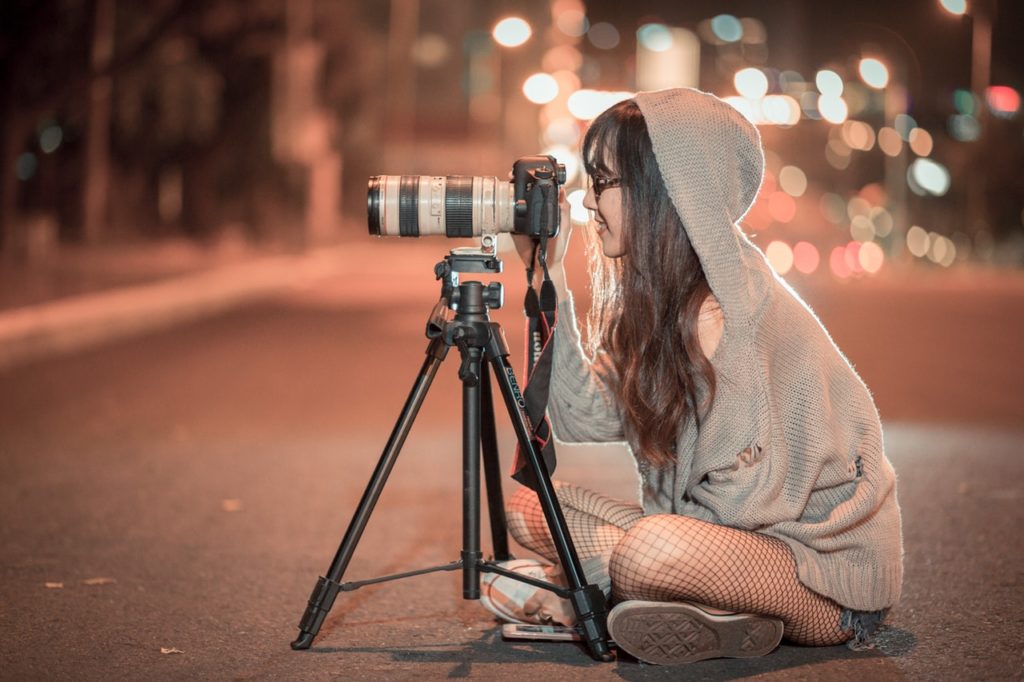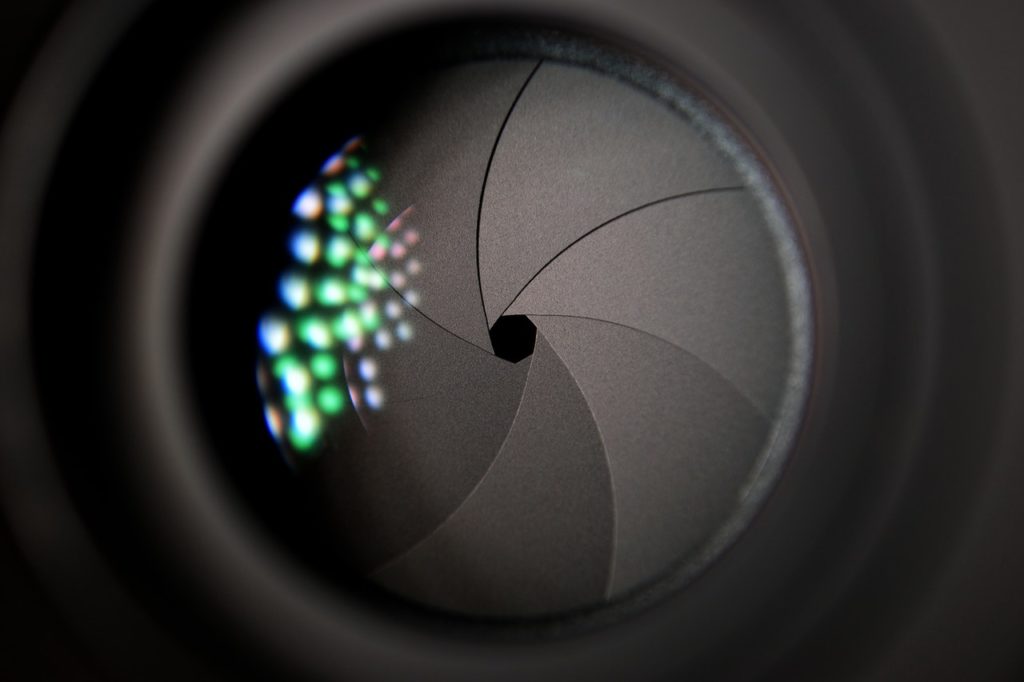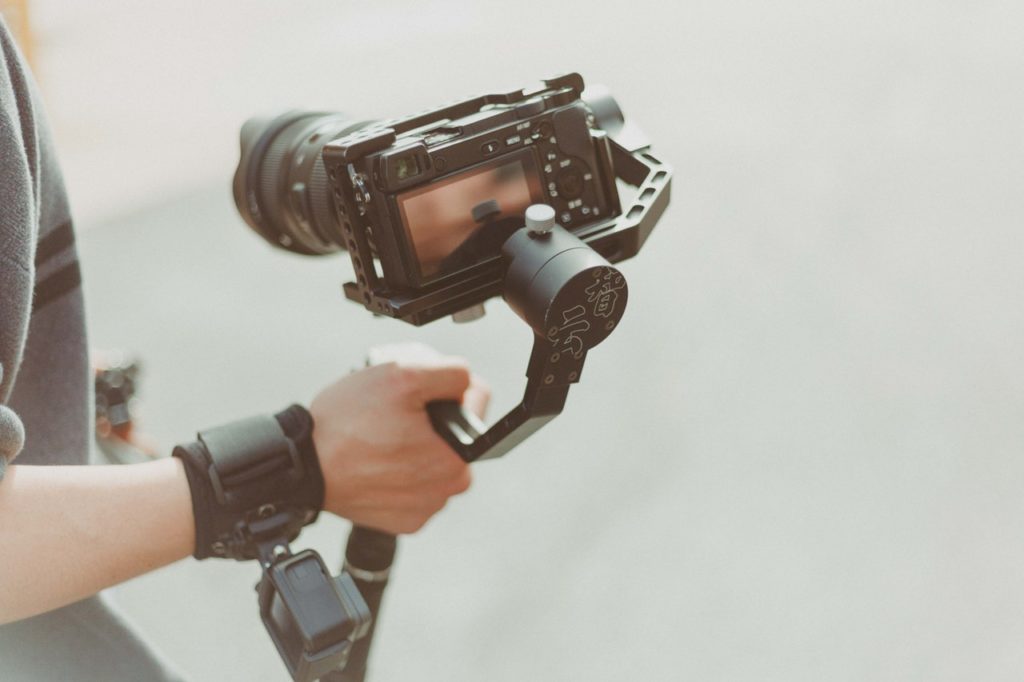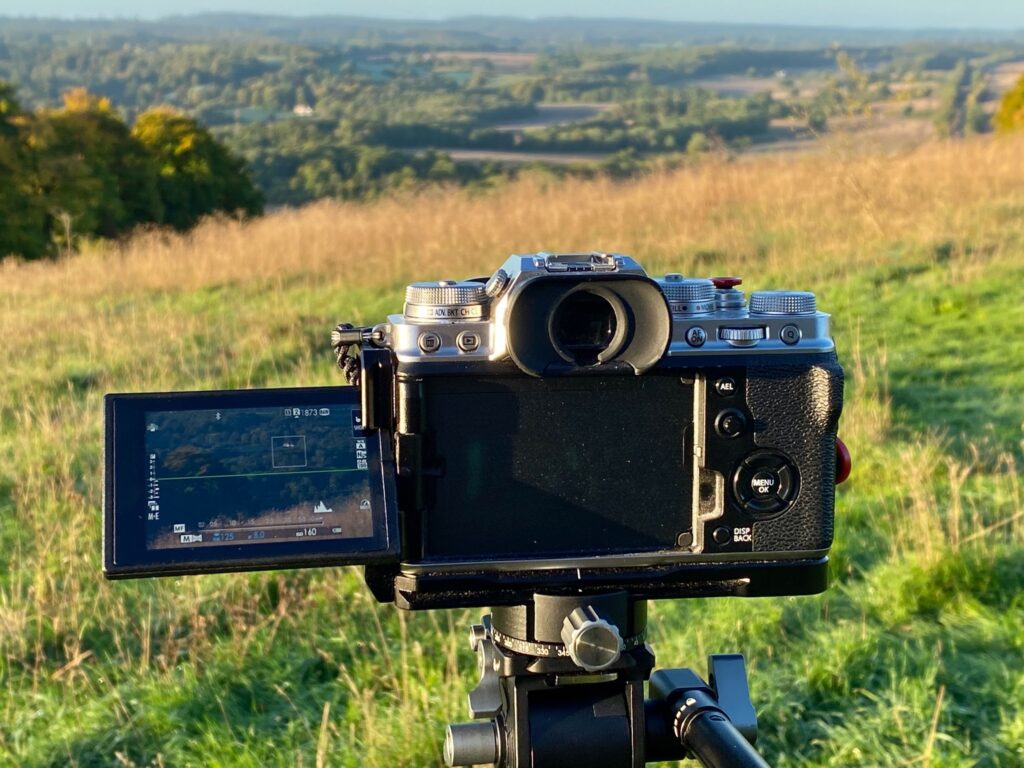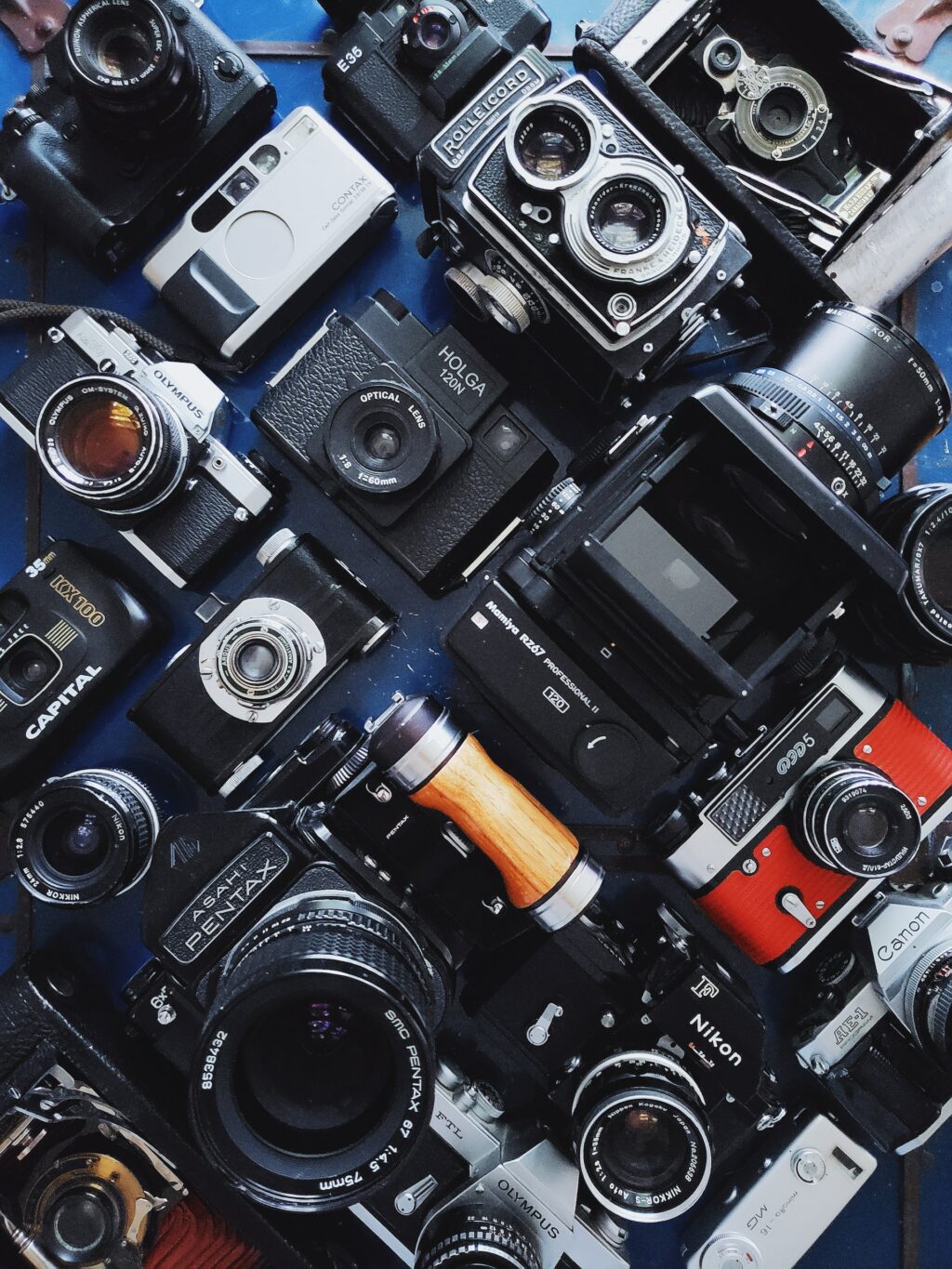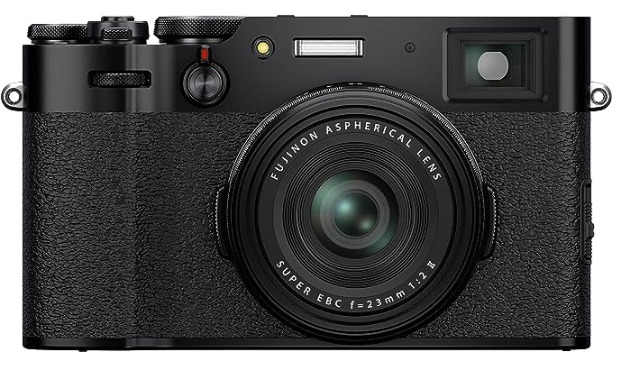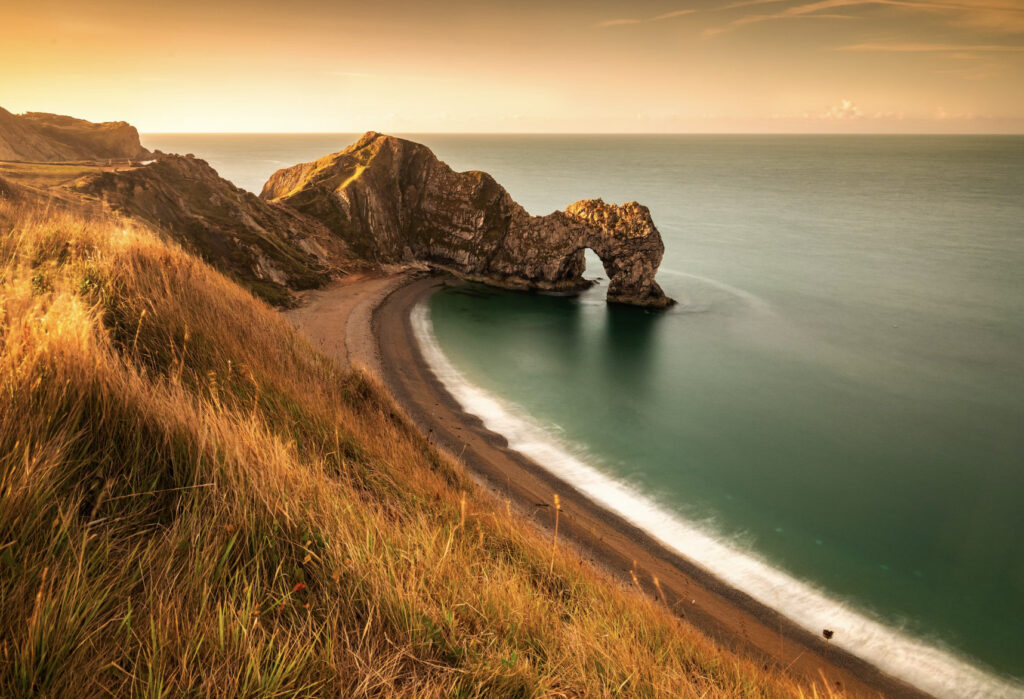It’s that time of the year again: the holiday season. No matter what you celebrate (or don’t), it seems that gifts are on everyone’s mind. Photographers, in particular, begin pondering new lenses and camera upgrades.
Things are perhaps extra exciting this year — with mirrorless debuts from Canon and Nikon, Sony continuing its hot streak and Fujifilm remaining impressively consistent, there’s lots of exhilarating chatter in the world of digital photography.
Understandably, it seems everyone wants to upgrade their gear. But let's be honest, photographers are thinking about upgrades all throughout the year; it’s almost impossible not to be thinking along those lines. The upgrade cycle, though, is relentless and is apparently designed for those individuals for whom money really does grow on trees.
Budgetary concerns notwithstanding, the question remains — how do you know if you should upgrade your gear? Well, I can’t actually answer that for you. I can, however, be of some minor assistance by offering up a few smaller questions that will help you answer the big question.
Here are 4 questions to ask yourself before you upgrade your camera.
1. Is Your Camera Technologically Viable?
Unless it’s damaged, there’s nothing wrong with the technology inside your camera. If it can meter, focus, capture a shot and write to the memory card, show a preview on the LCD and maybe record a video, your camera is ten thousand times more advanced than the cameras the great masters of photography used to craft their classic images.
I do realize it’s an overly simplistic comparison, but don’t overlook the more important point — an upgrade in technology alone won’t improve your photography.
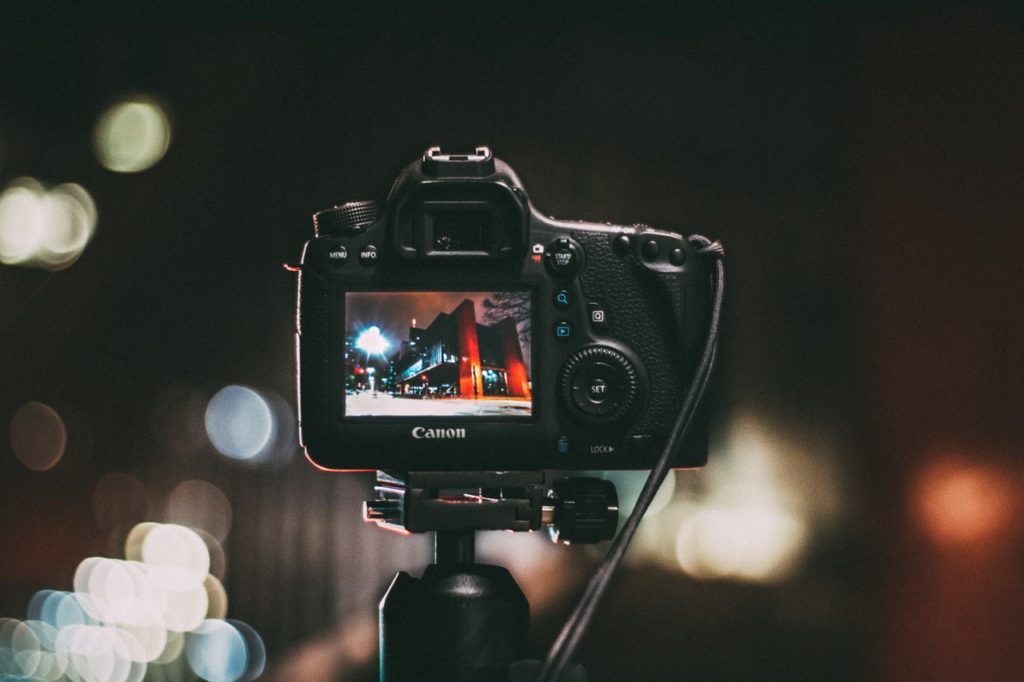
2. Have You Mastered Your Camera?
One of the major problems with regularly moving to new gear is that you never really get acquainted with one camera. If you think of your camera as your partner then you’ll come to understand how important it is to know everything about it. That knowledge only comes with time and usage.
If you’re not making good photos with your current camera, a new one won’t change that.
3. Do You Need Better Image Quality?
“Image quality,” in this context, meaning more megapixels. Do you need them? That depends. Most people don’t, given that most people only post their photos to social media and never print them.
16 megapixels vs. 42 megapixels isn’t worth fretting over. You either know how to get the most out of 16 megapixels or you know you have a real need for 42 megapixels. For everyone else, don’t get suckered into the resolution wars. The only winners are camera manufacturers.
4. Are You Really Going To Use Those New Features?
Cameras come packed with all sorts of supplemental features, some of which are useful. If a new camera boasts a feature that your current camera lacks, you need to make an honest assessment of whether that feature has real value to your photography.
Bluetooth, for example, is a potentially great feature in a camera. But I know it would be wasted on me…I barely use the WiFi feature on my camera.
However, in-body image stabilization (IBIS) is sort of a big deal for me. I still use film cameras and having a digital camera with IBIS affords me the luxury of an expanded lens collection. My Sony a7ii fits the bill. The a7iii doesn’t represent significant enough of a change for me to bother upgrading yet.
Final Thoughts
Here’s the bottom line: if you can’t provide yourself with a justifiable reason to upgrade, then you probably don’t need to upgrade. The next step isn’t to reach out to others to see what they have to say about it. The proper next step is to put your upgrade plans on hold and spend your energy growing your skills.
You’ll be happier in the long run. And when it really is time to upgrade you’ll know it.
